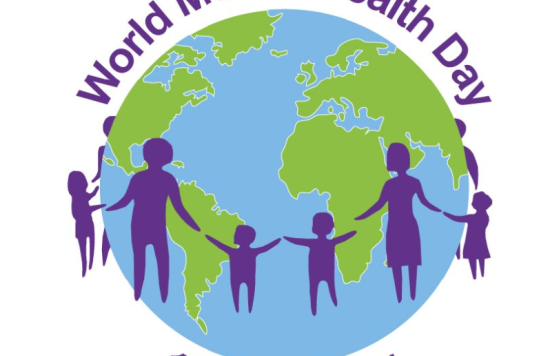Personality Disorders
Personality disorders have been called the most misunderstood mental health condition. They have a legacy of confusion and controversy around diagnosis, language, what it means and how it impacts individuals, and even what they should be called.
Yet it is estimated that worldwide, around 8% of the general population report having complex emotional needs.
Over the coming months, we will be publishing a series of podcasts speaking to people about Personality Disorders. In the first of our podcast series, we hear from three different people and listen to their stories of living with a personality disorder. Warning: Contains themes some may find troubling.
Psychological resilience toolkit
The psychological resilience toolkit for health and social care staff has been developed for London’s Integrated Care Systems to help inform local models of mental health and wellbeing support for staff, particularly in response to COVID-19. This toolkit provides examples for local ICSs to use to support the development of their mental health and wellbeing support for health and social care staff.
Perinatal Mental Health
The perinatal period is usually defined as the time between conceiving a baby and one to two years after giving birth. About one in every five women experience mental health problems during this time, making this a relatively common experience. Women may experience mental health problems prior to pregnancy and/or develop mental health problems during pregnancy or in the postnatal period. Resources and information about Perinatal Mental Health Services in London can be found here.
Visit the ELFT Perinatal Services for London & Luton & Bedfordshire here.
Talking therapies are psychological treatments for mental and emotional problems.
NHS Talking Therapy services are also known as Improving Access to Psychological Therapies (IAPT) services. These services provide free NHS psychological therapies to support people with mental and emotional problems like stress, trauma, anxiety and depression. Our IAPT Transformation toolkit has been developed to support IAPT services to deliver locally relevant and appropriate services for their local populations/
ELFT IAPT/Talking Therapies Services are available in east London and Luton & Bedfordshire. Visit here for more information
For Talking Therapies in City & Hackney click here.
Eating Disorders
Eating disorders are devastating mental illnesses that affect 1 in 50 people in the UK. Recovery is possible but spotting early warning signs, which may or may not be linked to a person’s weight or appearance, can lead to life-changing interventions. For Eating Disorder Awareness Week 2022, we created a range of blogs and podcasts from clinical professionals and people with lived experience of eating disorders.
Resources and links for the March 2022 ELFT Eating Disorders Week here.
Disordered Eating Guidance and Management Approach
The Disordered Eating guidance and management approach, produced by a group of experienced clinicians and experts by experience, including young people and families, who came together to explore the rise in presentations of Disordered Eating, aiming to develop a set of principles for this group.
This guidance document has been developed to better meet the needs of young people with disordered eating and is primarily aimed at health and care professionals. We hope it will also help to raise awareness with parents, carers, teachers, youth workers, and other groups.
Find the guidance and accompanying resources here
Mental health toolkit for young people
The Mental Health in Schools Toolkit has been updated with improved navigation and a new LGBTIQ+ information hub providing mental health resources in relation to sexual orientation and gender identity. The hub was launched during Pride month in June 2022 to support young people, parents and carers, and schools. The team are working on launching a new hub on social media and online safety towards the end of the year so keep checking back for new resources.
